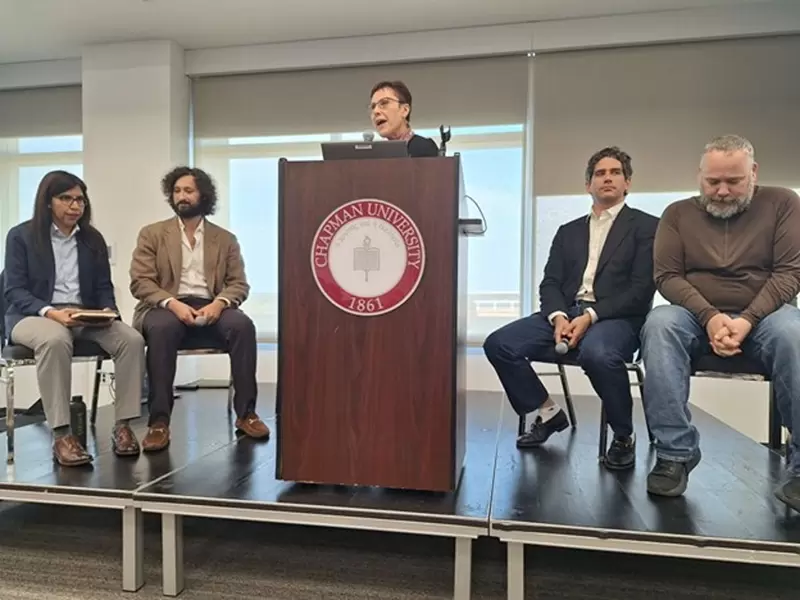Jay Bhattacharya shuts down dog testing lab at NIH
The experiments were part of an NIH project on stress- and sepsis-induced cardiomyopathy.
 Jay Bhattacharya / NIH
Jay Bhattacharya / NIH
The National Institutes of Health (NIH) has terminated its medical experiments on beagles, a breed of dogs, as announced by Jay Bhattacharya, the Indian-American director of the NIH.
Effectively shutting down the NIH’s last in-house dog testing laboratory, the decision marks a significant shift in federal biomedical research practices and has drawn praise from both animal rights groups and high-profile tech leaders.
Also Read: Jay Bhattacharya takes office as NIH Director
Bhattacharya made the announcement during an interview on Fox News, citing both ethical concerns and the scientific limitations of animal testing. “It’s very easy, for instance, to cure Alzheimer’s in mice. But those things don’t translate to humans,” he said. “So we put forward a policy to replace animals in research with technological advances, AI and other tools, that actually translate better to human health.”
The experiments were part of an NIH project on stress- and sepsis-induced cardiomyopathy, which involved inducing septic shock and respiratory distress in beagles. A 2023 report by watchdog group White Coat Waste Project (WCW) revealed that more than 2,100 beagles had been killed in such studies since 1986.
The move has received widespread approval. Elon Musk, head of the Department of Government Efficiency (DOGE), reacted to the announcement by posting, “This is great,” on X (formerly Twitter). Musk had earlier indicated he would look into NIH funding for dog experiments.
In a statement, PETA senior vice president Kathy Guillermo called Bhattacharya’s action a “landmark decision that will spare animals, help humans, and bring science into the modern era.” She added that it “will open doors to cutting-edge methods that have languished due to a lack of funding.”
PETA had previously criticized NIH leadership—particularly in 2021, when reports emerged that the agency approved funding for research in Tunisia where sedated beagle puppies were exposed to sandflies. The controversy sparked bipartisan backlash and calls for oversight.
Bhattacharya acknowledged the unusual response from the group. “Normally, I think NIH directors tend to get physical threats, but they sent me flowers,” he said.
The move aligns with broader efforts across federal agencies to reduce animal testing. The Food and Drug Administration has begun phasing out certain animal testing requirements, while the Environmental Protection Agency has reinstated Trump-era policies aimed at reducing animal use in toxicity evaluations.
The now-closed NIH beagle lab reportedly sourced its animals from Envigo, an Indiana-based breeder that pleaded guilty in 2024 to charges of animal neglect at its Virginia facility. The company was fined over $35 million, and more than 4,000 beagles were rehomed.
ADVERTISEMENT
ADVERTISEMENT
E Paper
Video




 Malvika Choudhary
Malvika Choudhary













Comments
Start the conversation
Become a member of New India Abroad to start commenting.
Sign Up Now
Already have an account? Login